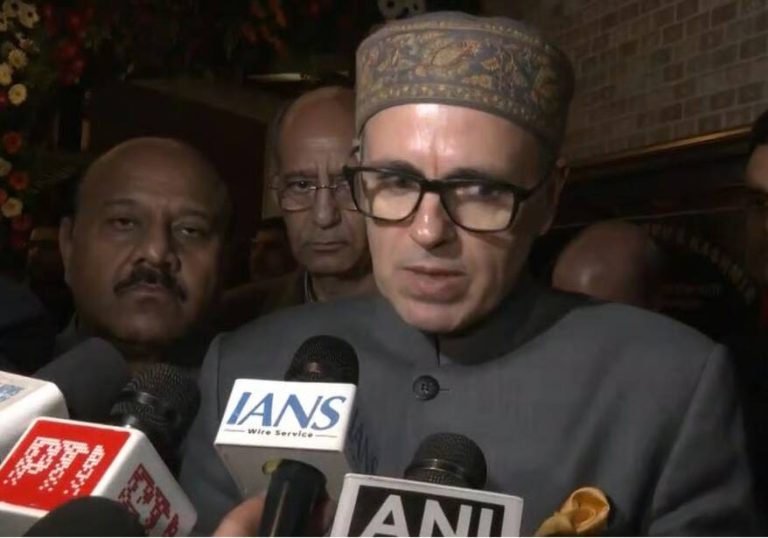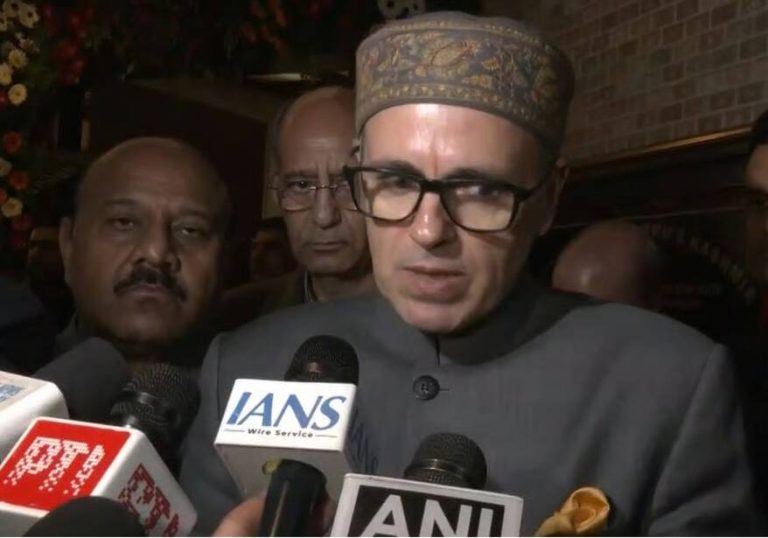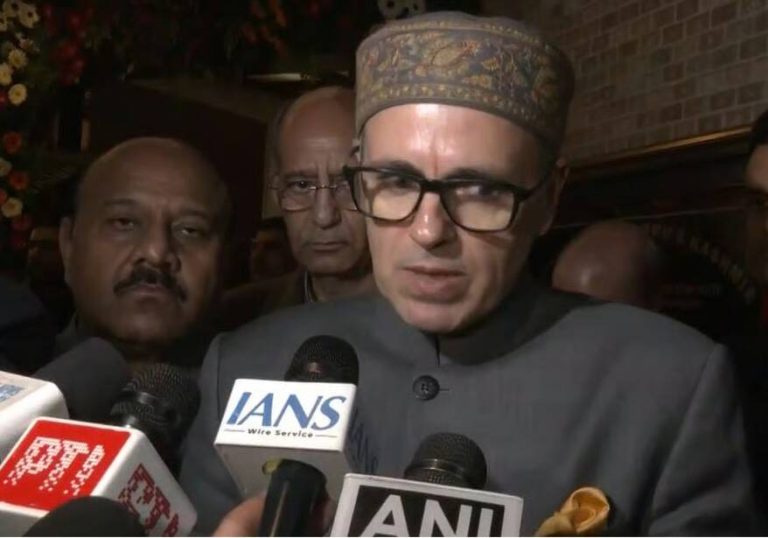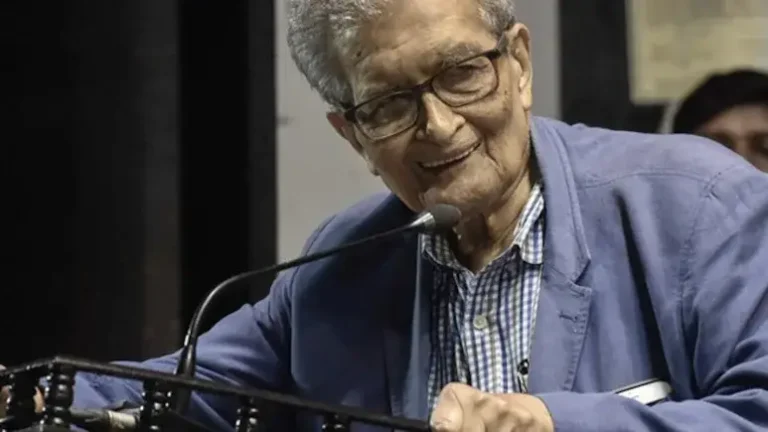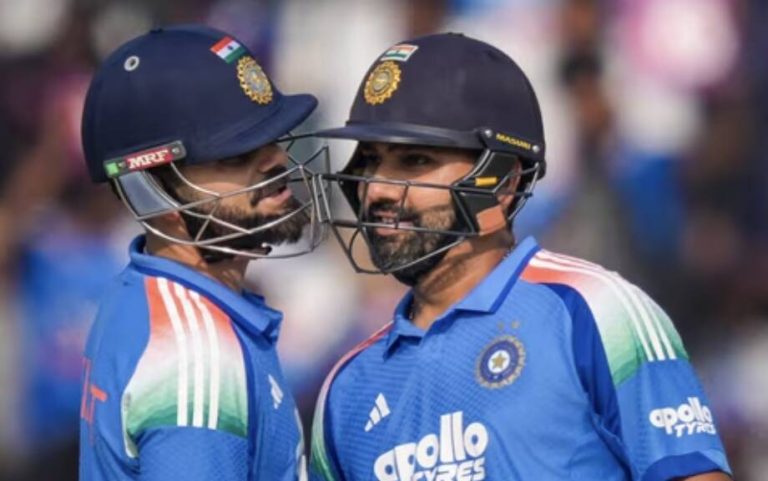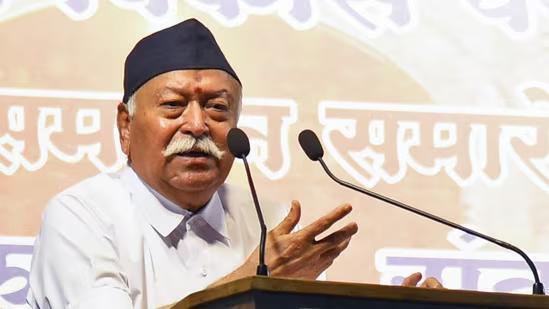
Muslims & Christians are also Hindus if they follow Indian culture: RSS chief Bhagwat
In a recent statement, Rashtriya Swayamsevak Sangh (RSS) chief Mohan Bhagwat has sparked a significant debate by redefining the term “Hindu”. According to Bhagwat, anyone who takes pride in Bharat, the Indian subcontinent, and follows Indian culture can be considered a Hindu. This statement has far-reaching implications, as it attempts to redefine the traditional understanding of Hinduism as a religion and instead focuses on cultural identity.
Bhagwat’s statement suggests that Muslims and Christians, who have traditionally been considered separate religious groups, can also be considered Hindus if they worship the country and follow Indian culture. He emphasized that this does not require them to give up their worship, customs, and traditions, but rather to embrace the cultural heritage of India. This statement has been met with both praise and criticism, as it challenges the traditional understanding of religious identity in India.
The concept of Hinduism has long been debated, with some arguing that it is a religion, while others see it as a way of life. Bhagwat’s statement seems to lean towards the latter, emphasizing the cultural and national aspects of Hinduism rather than its religious aspects. By saying that Muslims and Christians can be Hindus if they follow Indian culture, Bhagwat is attempting to create a sense of national unity and shared identity.
This statement is significant, as it comes at a time when India is grappling with issues of religious identity and nationalism. The country has seen a rise in Hindu nationalism in recent years, with some groups advocating for a “Hindu Rashtra” or a Hindu nation. Bhagwat’s statement can be seen as an attempt to redefine what it means to be a Hindu, and to create a more inclusive definition that encompasses people of all religions.
However, not everyone is convinced by Bhagwat’s statement. Some critics argue that this is an attempt to erase the cultural and religious identities of minority communities, and to impose a Hindu identity on them. They argue that Muslims and Christians have their own distinct cultural and religious traditions, and that these should be respected and recognized.
Despite these criticisms, Bhagwat’s statement has sparked an important debate about the nature of identity and culture in India. It highlights the complexities of Indian society, where people of different religions and cultures coexist and interact. By emphasizing the importance of Indian culture and national pride, Bhagwat is attempting to create a sense of shared identity that transcends religious boundaries.
Bhagwat also stated that India does not need an official label to be a “Hindu Rashtra” because its civilization already reflects it. This statement suggests that India’s cultural heritage and traditions are already rooted in Hinduism, and that this does not need to be formally recognized. This statement has been seen as an attempt to downplay the need for a formal declaration of India as a Hindu nation, and instead to focus on the cultural and national aspects of Hinduism.
In conclusion, RSS chief Mohan Bhagwat’s statement that Muslims and Christians can be considered Hindus if they follow Indian culture has sparked a significant debate about the nature of identity and culture in India. While some have praised the statement as an attempt to create a sense of national unity and shared identity, others have criticized it as an attempt to erase the cultural and religious identities of minority communities. As India continues to grapple with issues of religious identity and nationalism, Bhagwat’s statement highlights the complexities of Indian society and the need for a nuanced understanding of the country’s cultural and religious diversity.
